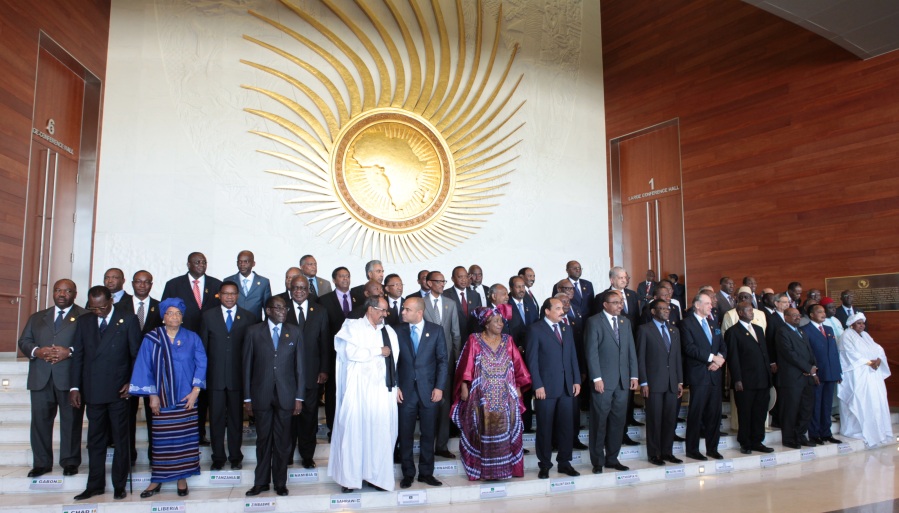However, soon the need for chaplains to serve other miners extends the work of the Chaplaincy and becomes known as the Catholic Mine Chaplaincy. The bulk of the work takes place in four Dioceses (Archdiocese of Johannesburg and the Dioceses of Rustenburg, Witbank and Dundee). Over the following twenty years, the responsibility to serve the mines becomes more and more entrusted to the local Church; gradually, the handover to local parishes is done between 1992 and 1994.
At the same time, as the M.Afr become more known in South Africa, we see new requests for more Missionaries to come. In rather quick succession, communities are established in Phuthaditjhaba, and later on in Bohlokong, both in Bethlehem Diocese; Tweefontein and Siyabuswa in Kwandebele, and Diepsloot, all in Pretoria Archdiocese; Kamhlushwa and Malelane in Lebombo, and later on, in Kwaguqa, all in Witbank Diocese.
In 2008, the M.Afr start a Formation Centre in Merrivale, near Cedara St. Joseph’s Theological Institute, in Durban Archdiocese. Our most recent insertion in this archdiocese is Henley parish, close to Merrivale. This gives a chance to our candidates in formation to get some practical pastoral experience.
Presence in Johannesburg Archdiocese
In 1987, the M.Afr take three parishes in Soweto: Zola, Zondi and Emdeni. In 1992, they start a new Parish in Protea North. These four parishes are handed over to the local clergy in 1996.
On 1st January 1994, the M.Afr open the Orange Farm Pastoral Region, which is to become a real hive of active development projects. Eight churches are served systematically in this area, until its handover in April 2012. From 1998 to 2004, three M.Afr served in Lumko Institute.
In 2003, the M.Afr, who specialize in dialogue with non-Christian religions, take over the parish of Lenasia where we find a dense population of Muslims and Hindus.
A Community House in Edenglen, Johannesburg, opened in 1998, assumes the administration of the South African Sector. Many confreres from different countries pass through this guest house. The resident priests of this community offer much appreciated service to local parishes and religious communities in that area. They also have helped celebrating Mass at Radio Veritas every week since 2008.
The Mission Continues
The Missionary of Africa presence in South Africa over the years has tried to respond to the requests of the local Church, and in particular, to requests of building a vibrant local Church, especially where the Church was not established. This has happened in the areas mentioned above, territories now served by local priests. Dwindling vocations, old age and a loss of two confreres at the hands of assassins, coupled with a policy of eventually handing over to the local Church, has resulted in a reduction of parish commitments to Malelane, Lenasia and Henley.
As needs are deemed to be greater in other parts of Africa, for the time being there is no plan to extend our presence in South Africa – unless we get more vocations, thus increasing our personnel -, but rather to consolidate our actual commitments. The M.Afr have tried to be true to their vocation: establishing a vibrant missionary Church, handing over and moving on!
Note: this short article was written in view of a ‘Coffee-Table Book’ published by the Archdiocese of Johannesburg. Each community/parish/Institute was invited to write one page size in that book.






